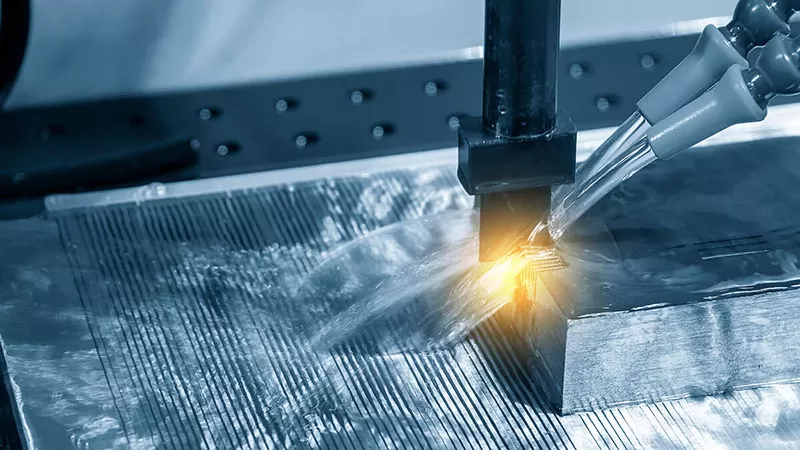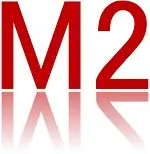
In Electrical Discharge Machining (EDM), electrode wear and positioning accuracy play crucial roles in achieving precision. Electrode wear affects the accuracy of the EDM process, while positioning accuracy ensures the dimensional precision and fit of the machined parts. Recognizing the correlation between electrode wear and positioning accuracy is essential for implementing effective solutions.

4 axis machining has become an indispensable tool for manufacturers seeking to innovate, reduce lead times, enhance precision, and optimize costs in their prototyping endeavors. As technology continues to advance, the potential for further advancements and achievements in 4 axis machining is vast, empowering manufacturers to push the boundaries of design and bring their ideas to life efficiently and effectively.

The choice between 5 Axis Machining and 3 Axis Machining should be made based on the specific needs of the prototype. For complex and intricate designs, 5 Axis Machining offers greater design freedom, precision, and surface finish. However, for simpler designs or projects with budget and time constraints, 3 Axis Machining provides a cost-effective and efficient solution.

Thread tapping is a complex process that requires precision and accuracy to ensure that the threads are cut correctly. The process involves using a tap, which is a cutting tool that is designed to cut threads into the surface of the custom part. The tap is rotated to cut the threads into the part, and it is important to ensure that the tap is aligned correctly to avoid damaging the part.

EDM is a valuable tool in custom manufacturing, offering great precision and versatility in creating complex and precise parts. It enables custom manufacturers to create complex and precise parts that were previously impossible or too difficult to create using traditional machining methods. By considering the specific needs of the project and the advantages and limitations of the different processes, custom manufacturers can choose the process that best suits their needs.

Fixtures play a critical role in CNC machining, providing a secure and accurate hold on workpieces during the machining process. By using fixtures, manufacturers can achieve maximum precision and efficiency while reducing manufacturing costs and minimizing the risk of errors.

CNC machining is a modern manufacturing process that involves the use of computer-controlled machines to create precise parts from a variety of materials. CNC machined parts are widely used in many industries due to their accuracy, speed, and versatility. In this article, M2 CNC Engineers will discuss the advantages of CNC machined parts and the processing steps involved in their production.

Precision turned parts are the backbone of many custom machining projects. From aerospace to medical and automotive, these parts play a critical role in ensuring safety, reliability, and effectiveness of the final product. This article provides an in-depth overview of the custom machining process and explains the importance of choosing the right manufacturer and implementing quality control measures. By the end, you will learn how precision turned parts impact the success of custom machining projects.

In today’s competitive manufacturing environment, precision metal machining can provide a significant competitive advantage to businesses. By choosing the right precision metal machining partner, businesses can ensure that their parts are manufactured to the highest quality standards, delivered on time, and at a cost-effective price.

Precision turning machining plays a crucial role in modern manufacturing, and manufacturers should consider implementing it into their processes to improve efficiency, consistency, and quality. With the right equipment, materials, and techniques, precision turning machining can help manufacturers produce high-quality parts with unparalleled accuracy and precision.










